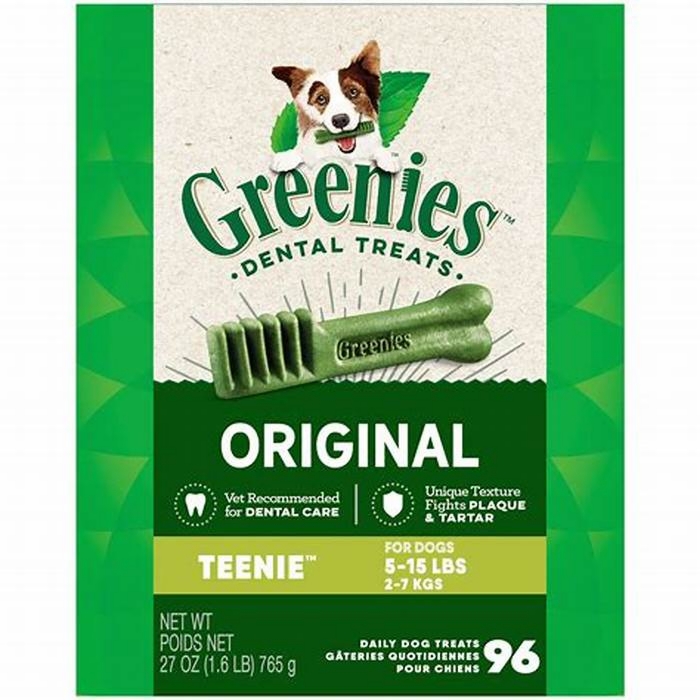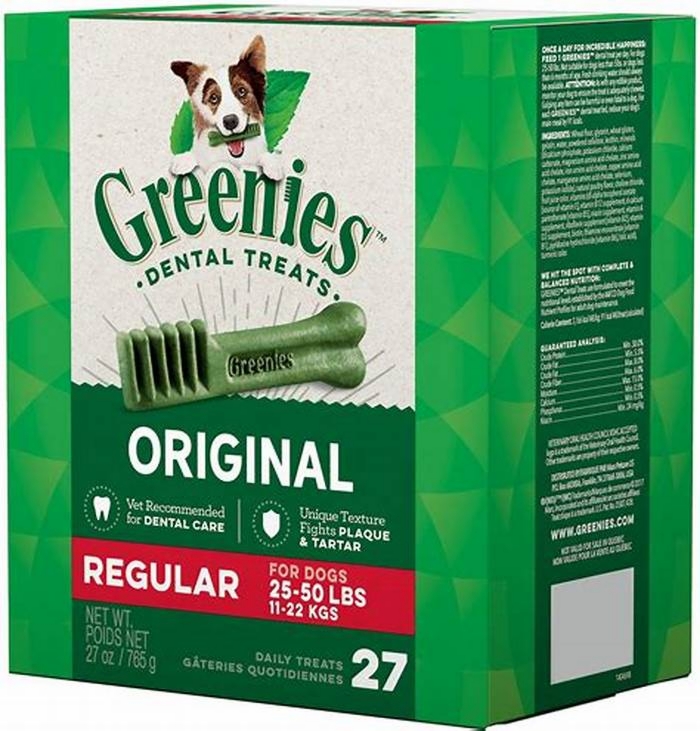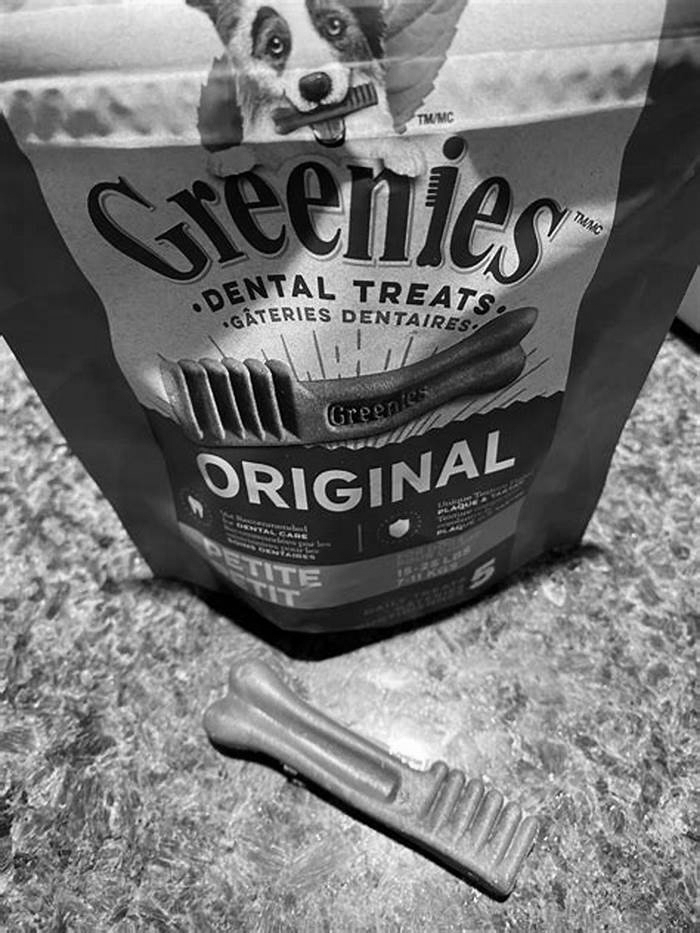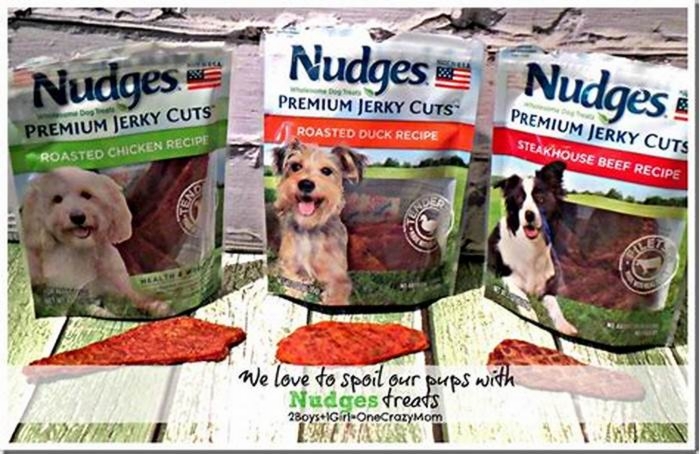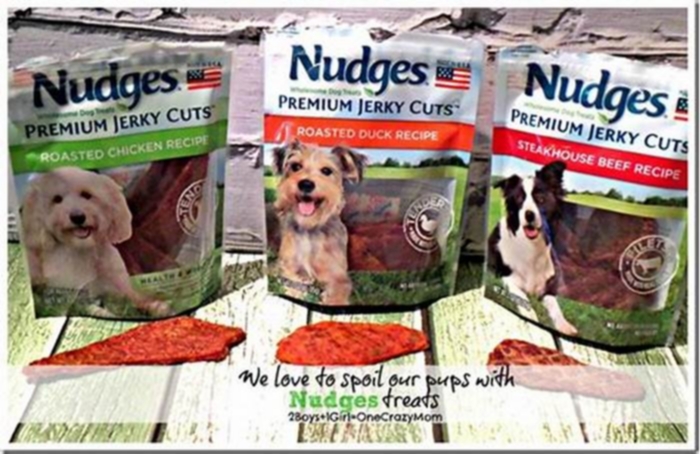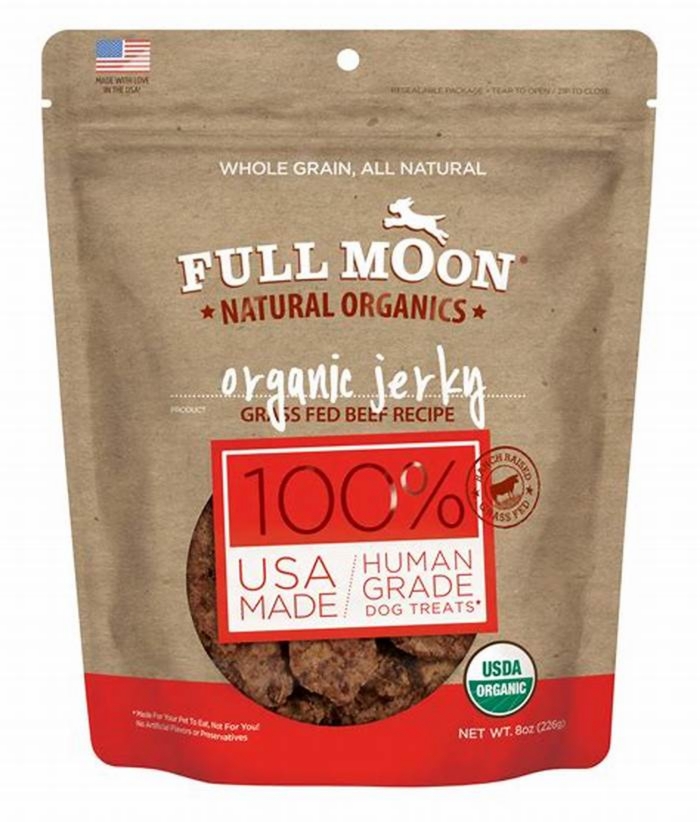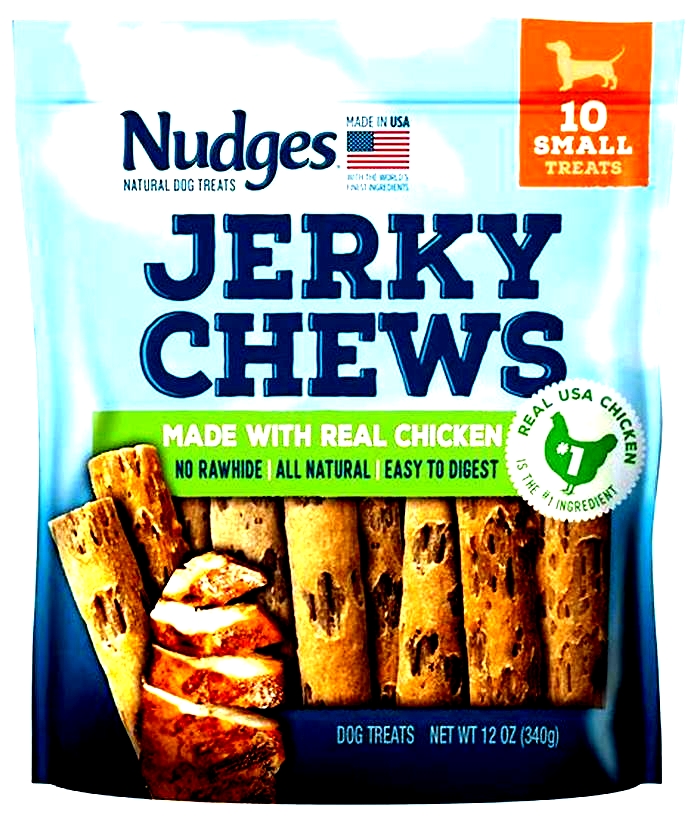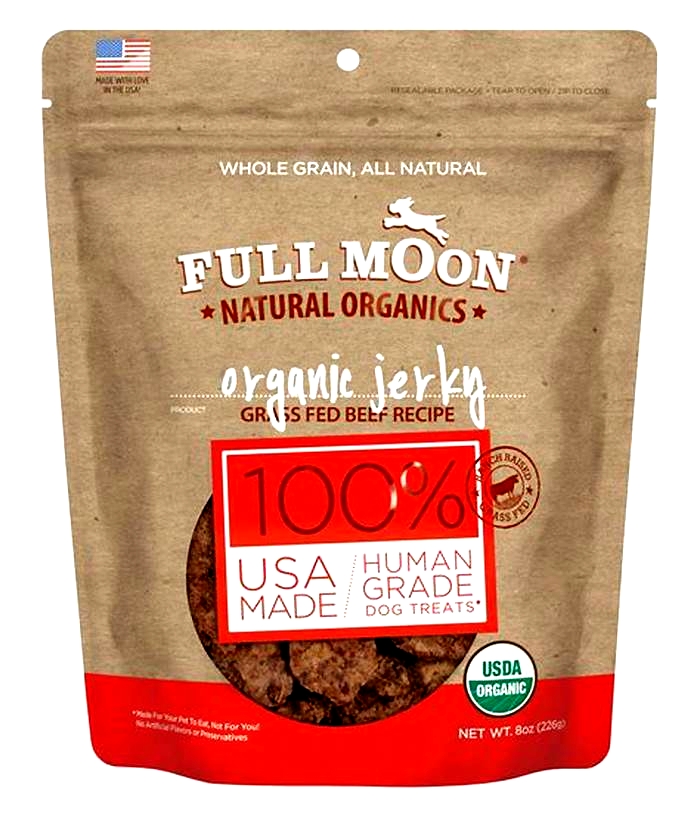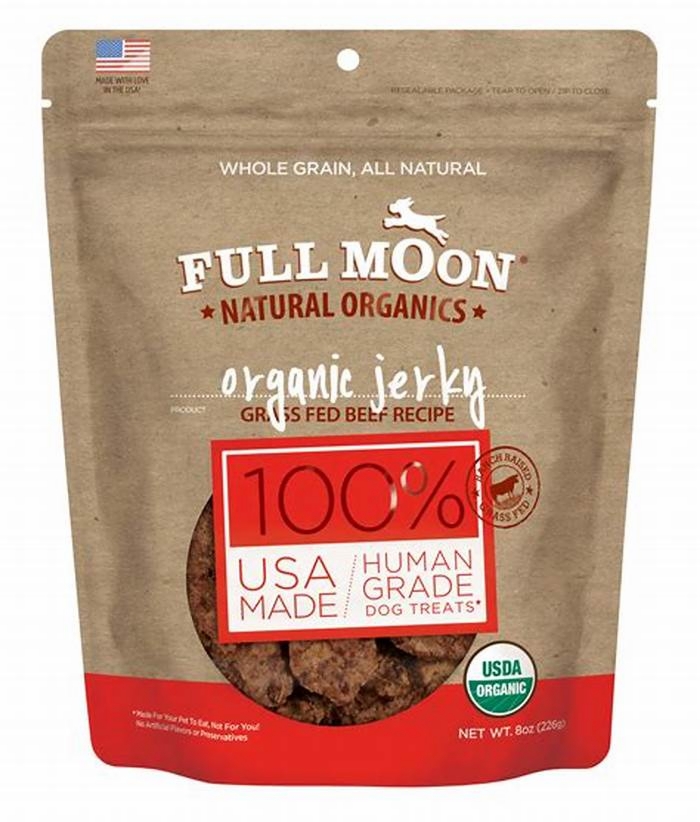greenies dog treats safe
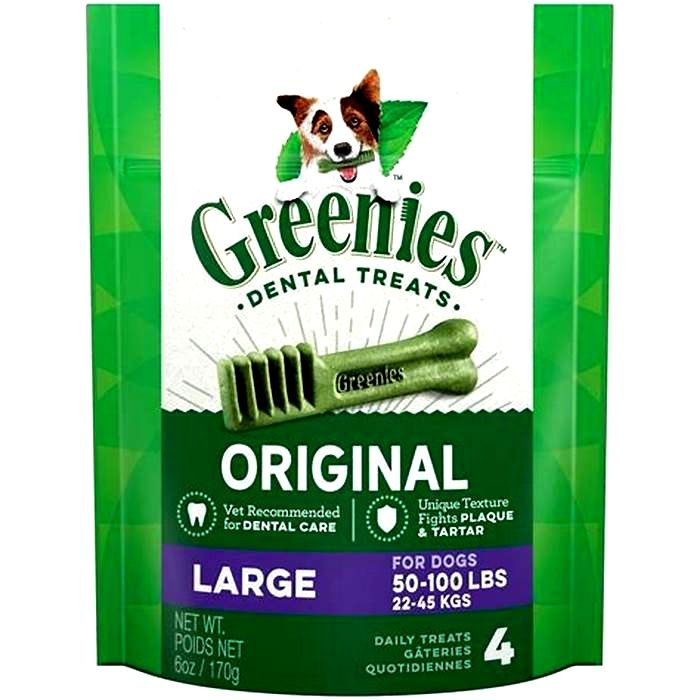
The Great Greenies Debate: Unwrapping the Controversy
Welcome, fellow pet enthusiasts and curious minds! Today, were diving deep into the world of pet dental care, specifically focusing on one of the most debated products in the pet industry: Greenies. Youve probably heard of themthose green, toothbrush-shaped treats dogs and cats go wild for. But behind the enthusiastic crunching, theres a whirlwind of controversy were here to unpack.
Charting the Controversy
Dental Delight vs. Danger
| Factor | Pros | Cons |
|---|---|---|
| Dental Health | Reduces tartar build-up | Misleading benefits for some pets |
| Digestibility | Highly digestible when chewed properly | Risk of blockages if swallowed whole |
| Ingredients | Made with natural ingredients | Potential allergens for some pets |
Popularity Trends vs. Reported Incidents
| Year | Popularity among Pet Owners | Reported Incidents |
|---|---|---|
| 2019 | High | Low |
| 2020 | Higher | Moderate |
| 2021 | Skyrocketing | Increased |
The Meat of the Matter: Navigating the Debate
The Chewy Truth
Greenies are designed to combat plaque and tartar, promoting dental health. Many pet owners report significant improvements in their pets breath and dental hygiene. However, the size and chewing habits of your furry friend play a pivotal role in the effectiveness and safety of these treats.
A Bite-Sized Warning
Not all tails wag the same way, and similarly, not all pets can handle Greenies alike. Cases of gastrointestinal blockages have been reported, predominantly when pets have swallowed large pieces without proper chewing. This raises questions about suitability for all dog and cat breeds, sizes, and ages.
Ingredient Inspection
Made with natural ingredients and boasting a nutritious profile, Greenies seem like the perfect treat. Yet, for pets with specific allergies, they might be less of a treat and more of a threat. Its crucial to scrutinize the ingredient list for potential allergens to your pet.
The Enlightened Path: Tips for Pet Owners
Know Your Pet: Understand your pets chewing behavior and select the size and type of Greenie accordingly.
Supervision is Key: Always monitor your pet when theyre enjoying their treat to avoid any choking hazards.
Allergies Alert: Check the ingredients for anything your pet might be allergic to.
Balance is Best: Treats should not make up more than 10% of your pets daily calorie intake. Greenies are no exception.
Consult the Vet: When in doubt, your vet knows best. A quick consultation can save you a lot of worries.
Conclusion: To Chew or Not to Chew
In the great debate over Greenies, theres no one-size-fits-all answer. They can be both a boon and a bane, depending on individual circumstances. Armed with the right information and a keen eye on your pets reaction, you can make an informed decision. Remember, the ultimate goal is your pets health and happiness. So, chew over the information, consult your vet, and keep those tails wagging safely and healthily!
An Expert Dives Deep into the Greenies Dialogue
Interviewer: Welcome! Today, were peeling back the layers of the Greenies controversy. Weve got an expert with us whos ready to sink their teeth into the matter. Lets dive right in. First off, can you share your initial thoughts on Greenies?
Expert: Absolutely, and thank you for having me. Greenies sit at this fascinating intersection of innovative pet care and consumer caution. Initially designed as a dental health solution, theyve become a household name. However, like any product that gains rapid popularity, theyre scrutinized, and rightfully so. The first thing I think of is the balance they try to strike between being a treat and a health product.
Interviewer: Speaking of scrutiny, there have been reports of health incidents. How do you weigh the benefits against the potential risks?
Expert: Its a complex equation. On one side, we have numerous testimonials praising Greenies for transforming pets dental health, with visibly cleaner teeth and fresher breath. These are non-trivial benefits, given the commonality of dental issues in pets. However, the risk factor, primarily the potential for gastrointestinal blockages, cant be ignored. It emphasizes the importance of responsible pet ownershipknowing your pets chewing habits, supervising treat time, and choosing the right size of Greenie. The product isnt inherently risky; its the context of use that dictates safety.
Interviewer: Thats an insightful perspective. How significant is the role of ingredients in this debate?
Expert: Its pivotal. The ingredient list of Greenies is a double-edged sword. On the one hand, it boasts natural ingredients, which is a big plus for pet owners seeking wholesome options. Yet, the inclusivity stops there. Pets with specific dietary restrictions or allergies could have adverse reactions. This isnt unique to Greenies but is a broader industry issuecreating a product that caters to every pets needs is challenging. Transparency and education around ingredients become crucial here.
Interviewer: With those points in mind, how should pet owners approach Greenies for their pets?
Expert: Thoughtfully and selectively. The key is not to get swayed by marketing or hearsay but to understand your pets health, dietary needs, and behaviors. No two pets are the same; whats a miracle treat for one might be less suitable for another. Always introduce any new treat, including Greenies, gradually, and observe your pets reaction. And, as always, keep your vet in the loop. They can provide tailored advice that neither the internet nor the back of a treat package can offer.
Interviewer: To wrap up, what future do you see for products like Greenies in the pet care market?
Expert: The trajectory for Greenies and similar products is promising but calls for innovation and adaptability. As we become more aware of our pets health needs and as our pets continue to be integral family members, the demand for high-quality, safe, and effective pet products will only grow. The future lies in research, refinement, and perhaps a move towards more personalized pet care solutions. Products like Greenies have opened doors and started conversations; its now about how we evolve those discussions into actions that prioritize pet health and safety above all.
Interviewer: Thank you for such a deep dive into the world of Greenies. Your insights certainly give our readers a lot to chew on.
Expert: It was my pleasure. Heres to making informed choices for the health and happiness of our furry friends!
HELP US PUT FOOD ON THE TABLE
Greenies Puzzle: Insights and Safety Scoops!
Welcome to our deep dive into the Greenies controversya tale of pet health, dental treats, and the lengths to which companies and pet owners go to ensure the safety of our furry friends.
The Chew on Greenies: A Timeline of Concerns
2006: The FDA Sniffs Around
Reports emerge of pets facing intestinal blockages after munching on Greenies. The FDA steps in to investigate, turning the pet worlds attention to the potential dangers lurking in dental treats.
Post-Outcry: A Label Makeover
In response to public concern and adverse events, S&M NuTec revamps Greenies packaging to include warnings. Its a step towards transparency, but does it address the root of the issue?
The Present Chew: Still a Hard Pill to Swallow?
Recent online chatter suggests some Greenies batches could double as doggy dental destroyers due to their hardness. Are your pets pearly whites at risk?
Mars Inc. Bites Back
Mars, the current custodians of Greenies, have reformulated the treats to enhance safety and digestibility. They claim these new Greenies break down quicker, aiming to reduce the scare of blockages.
Navigating the Treat Aisle: Your Guide to Pet Dental Health
1. Understanding the Treats: Labels & Ingredients
Do Your Homework: Always read and understand the labels. If the ingredient list reads like a chemical warehouse inventory, think twice.
Real Meat, Real Benefits?: Look for treats with recognizable, quality ingredients.
2. The Hard Truth: Assessing Treat Safety
Bite Test: If the treat feels like it could break a window, its probably not ideal for your dog.
Dissolve Dilemma: Drop a piece in water. Does it soften or remain as impenetrable as a mystery novels plot twist?
3. Every Dog Has Its Day: Know Your Pet
Size Matters: A treat suitable for a Great Dane might not be the best pick for a Chihuahua.
Age and Dental Health: Senior dogs or those with dental issues might require softer options.
4. Supervised Snacking: A Safety Net
Eyes on the Prize: Always supervise your pets when theyre enjoying a treat. Its not just about choking hazards; its about ensuring theyre chewing properly.
5. The Alternatives: Exploring Other Options
Plant-Based Pleasures: Consider safer, softer alternatives. Vegetables like carrot sticks can be a great choice for some dogs.
DIY Delights: Homemade treats can be tailored to your pets needs and are a fun way to ensure their safety and health.
Final Thoughts: Chew on This
While Mars Inc. has taken steps to mitigate the risks associated with Greenies, skepticism among pet owners remainsa testament to the enduring bond we share with our pets and our relentless pursuit of their health and happiness. Remember, no two pets are alike; whats a treat for one could be trouble for another. Always prioritize your pets health, consult with a vet, and keep those tails wagging safely.
Q: Dr. McTailwagger, theres been a lot of bark about dental treats. Can you shed some light on how important dental health is for pets?
A: Absolutely! Imagine if you skipped brushing your teeth for a week, let alone a lifetime. The thought alone sends shivers down your spine, right? Our pets face similar challenges. Dental health in pets is not just about fresh breath or avoiding yellow teeth; its a cornerstone of their overall health. Poor dental hygiene can lead to periodontal disease, which can spread bacteria into the bloodstream, affecting the heart, liver, and kidneys. Its not just about avoiding a toothache; its about ensuring a happy, healthy life for our furry companions.
Q: With concerns around certain dental treats, what should pet owners look for when selecting a treat for dental health?
A: Great question! The key is balance. You want a treat thats hard enough to assist in scraping away plaque but not so hard that it risks damaging teeth or causing digestive issues. Look for products with a Veterinary Oral Health Council (VOHC) seal. This indicates the treat has been tested and proven to reduce plaque or tartar. Ingredients matter, too. Natural ingredients with anti-inflammatory and antibacterial properties, like coconut oil or turmeric, can provide additional health benefits.
Q: Are there any signs that a treat might not be suitable for a pet?
A: Definitely. First off, observe your pets reaction. If theyre struggling to chew or show disinterest, it might not be the right fit. Signs of gastrointestinal discomfort post-snacking, like vomiting or unusual stool, can also be red flags. And, of course, any changes in dental healthsuch as new chips or cracks in the teethwarrant a second look at their chewables.
Q: Theres a lot of DIY pet treat recipes out there. Any advice for pet owners looking to go the homemade route?
A: DIY treats can be a fantastic way to control what goes into your pets diet and cater to their specific health needs. The golden rule is simplicity. Start with a few basic ingredients known to be safe and healthy for pets, like pumpkin, sweet potato, or lean meats. Avoid anything toxic to pets, such as onions, grapes, and chocolate, and keep an eye on calorie intake. Creativity is your friend, but so is caution; always research an ingredient if youre unsure about its safety.
Q: With a myriad of dental care products on the market, how can pet owners make educated choices?
A: The pet care aisle can indeed feel like a jungle, teeming with products all claiming to be the best. The first step is to look beyond the packaging. Products endorsed by reputable veterinary organizations or those that have undergone scientific scrutiny stand out from the crowd. Ingredients are the heart of any product. Opt for treats with simple, recognizable components that contribute to dental health, such as parsley or mint for fresh breath, and avoid those laden with fillers or artificial sweeteners. Finally, remember that variety is the spice of lifeeven in dental care. Rotating between different types of dental care products can prevent boredom and address various aspects of dental health.
Q: Can the same dental treat work for every pet?
A: Just like humans, pets have individual needs and preferences that can make the idea of a universal solution quite far-fetched. The size and breed of your pet can significantly influence the suitability of a dental treat. Larger breeds might make quick work of treats meant for smaller mouths, deriving little dental benefit. Conversely, smaller pets might find larger treats daunting or even hazardous. Additionally, pets with specific health issues, like diabetes, require treats that cater to their dietary needs. Tailoring your choice of dental treat to your pets unique requirements is not just beneficialits essential.
Q: How does a pets overall diet affect their dental health?
A: Diet plays a pivotal role in dental health, wielding the power to either defend against or contribute to dental issues. Dry food, often touted for its dental benefits due to its abrasive texture, can help reduce plaque buildup. However, its crucial to balance this with the nutritional completeness of your pets diet. Foods rich in vitamins, minerals, and specifically those that promote dental health, such as foods containing calcium and phosphorus, can strengthen teeth and bones. Conversely, a diet high in sugary treats or carbohydrates can foster an environment ripe for dental decay and gum disease. Integrating raw bones or special dental diets can also contribute positively to oral hygiene, provided they are used judiciously and under veterinary guidance.
Q: In light of ongoing concerns about certain dental treats, what final advice would you offer pet owners?
A: Vigilance and education are your best allies. While its easy to get swayed by trends or swamped by the sea of available information, returning to the basicsquality ingredients, appropriate sizing, and vet recommendationscan guide you through making safe choices for your pet. Engaging with a community of pet owners, whether through forums, social media, or local pet groups, can also offer real-world insights and support. Most importantly, never underestimate the value of regular veterinary check-ups. A professionals perspective can not only help tailor your pets dental care routine but also catch potential health issues before they escalate. In the realm of pet dental health, proactive, informed care is the beacon that guides the way to wellbeing.
HELP US PUT FOOD ON THE TABLE

